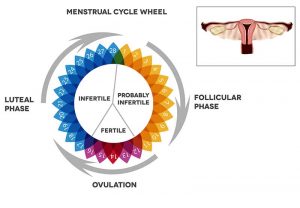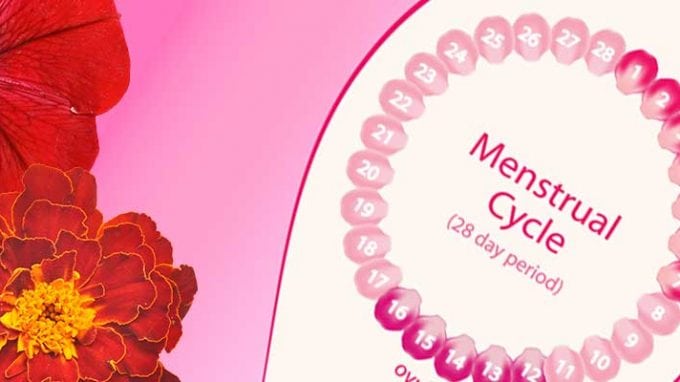A luteal phase defect, or LPD, is a common cause of infertility and recurrent miscarriages among women.
The luteal phase of a woman’s menstrual cycle occurs between ovulation and menstruation. During the luteal phase, a woman’s progesterone level increases, and the uterus thickens and prepares for fertilization and implantation. If fertilization does not occur, the woman begins her period, and the uterine lining is shed. The typical luteal phase lasts approximately 12 to 14 days. If the luteal phase of a woman’s menstrual cycle is less than 12 days, the uterus does not have enough time to develop a lining sufficient for supporting a fetus. This will result in a miscarriage if fertilization has taken place.
What is a Luteal Phase Defect?
A luteal phase defect refers to any disruption in the luteal phase of a woman’s menstrual cycle leading to difficulty getting pregnant or recurrent miscarriages. It is believed that approximately 63 percent of women experiencing repeated miscarriages suffer from LPD. LPD may also affect 3 to 4 percent of women with unexplained infertility.
Symptoms of LPD:
- Low progesterone levels
- A shortened menstrual cycle, often less than 24 days
- Spotting between periods
- Recurrent miscarriages
- Difficulty conceiving
Fertility charting may also show disruptions in basal body temperature following ovulation.
What Causes LPD?

- Anorexia or extreme exercise. Being underweight or having extremely low body fat and cholesterol levels inhibits production of various hormones.
- Thyroid disorders.
- Endometriosis and polycystic ovarian syndrome.
Diagnosing LPD:
There is no single test available for diagnosing LPD. In most cases, the doctor will start with blood tests to check hormone levels. This may be followed by pelvic ultrasounds and endometrial biopsies to determine the thickness and quality of the uterine lining.
Traditional Treatments for LPD:
If the LPD is related to underlying health conditions, such as thyroid disorders, those issues need to be addressed. Certain medications may increase a woman’s chances of conceiving and maintaining a pregnancy, including:
- Clomiphene citrate may help increase follicle production resulting in the release of more eggs.
- Human chorionic gonadotropin, or hCG, promotes ovulation and may stimulate progesterone production.
- Progesterone in the form of pills, injections, gels or suppositories may help create a more viable uterine lining.
Natural Treatments for LPD:
Herbs, supplements and a healthy diet can help regulate hormone levels and prepare the body to support a pregnancy. According to a study in “Fertility and Sterility,” vitamin C may help improve hormone levels and fertility in women with LPD. Other foods that may help promote healthy hormone levels include:
- Foods rich in essential fatty acids, including fatty fish, flax seeds and nuts.
- Green leafy vegetables containing essential B vitamins.
- Healthy fats and cholesterol from eggs, coconut oil and grass-fed animal products.
- Foods rich in vitamin B6, including bananas, turkey, tuna and liver.
A supplement known as chasteberry has been used for centuries to aid female fertility. It may help the body produce more luteinizing hormone and progesterone, which can help lengthen the luteal phase.
While LPD can be emotionally difficult for women wishing to become pregnant, the condition can usually be easily corrected through the combination of medications and therapies mentioned above. Women having difficulty conceiving or maintaining a pregnancy should always consult their doctor before embarking on any treatment regimen to make sure that it is appropriate for them.




